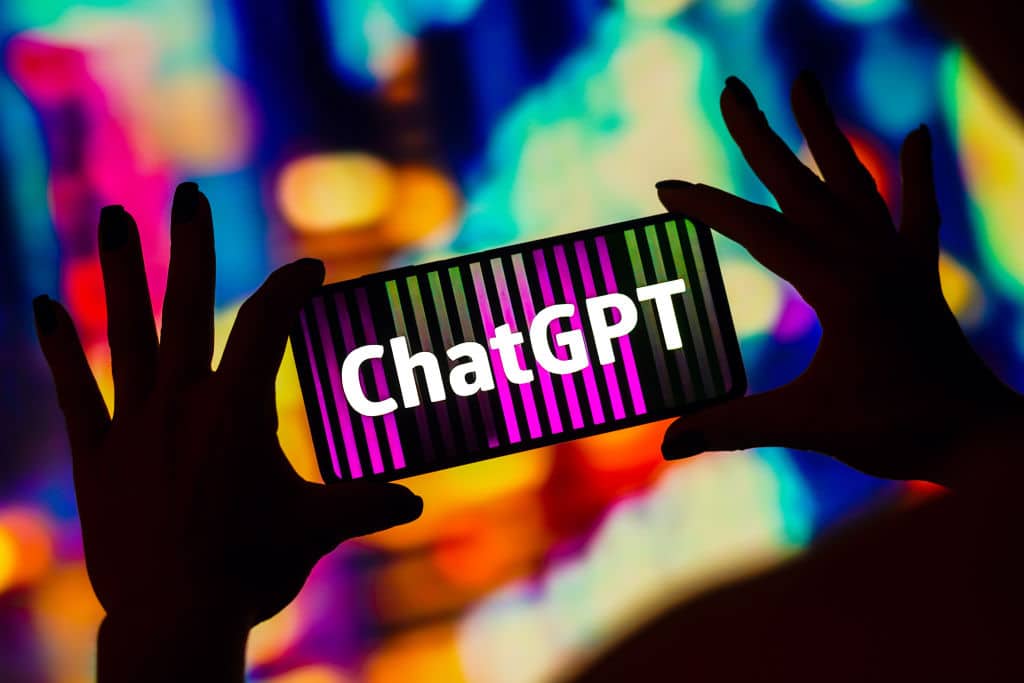TOPLINE
OpenAI is testing a new feature that gives ChatGPT a memory to store information from a user’s previous chats—including their voice, tone and personal preferences—in order to create a more intensely customized experience for future requests.
KEY FACTS
Users will be able to choose whether they want ChatGPT to store a conversation, allowing the chatbot to remember specific details about the user over time to create more personalized responses, OpenAI said in a blog post.
The user will be able to control what information ChatGPT can store about them, the company said, though the chatbot’s “memories” will “evolve with your interactions,” allowing it to determine over time what information should be stored based on a user’s preferences.
If a user asks ChatGPT to create a birthday card for a child the user previously said likes jellyfish, OpenAI used as an example, ChatGPT may create a card featuring a jellyfish wearing a party hat.
The feature will be applied to other GPTs, including ChatGPT Team and Enterprises, allowing the chatbot to “remember your tone, voice and format preferences” while responding to certain tasks, while Books GPT will recommend books based on a user’s preferences, like favorite genres or top books.
Organizations will be able to upload data to ChatGPT, which will then create charts based on that data along with “three takeaways each,” while programming firms will also be able to store information about their programming language and frameworks to remember those preferences for future tasks, OpenAI said.
Forbes Daily: Get our best stories, exclusive reporting and essential analysis of the day’s news in your inbox every weekday.Sign Up
By signing up, you accept and agree to our Terms of Service (including the class action waiver and arbitration provisions), and you acknowledge our Privacy Statement.
Joanne Jang, OpenAI’s product lead, told Bloomberg that while the new memory feature can store information about the user, it was also designed to not save sensitive personal information like passwords, passport numbers or details about the user’s health.
WHAT TO WATCH FOR
The feature will be available for some free and paid ChatGPT users this week before it becomes more widely accessible, OpenAI said.
KEY BACKGROUND
Memory for ChatGPT is the latest feature announced by OpenAI following the chatbot’s success over the last year. Last month, the company launched GPT Store, an online marketplace where users can share custom chatbots with others, after a two-month delay amid CEO Sam Altman’s ouster and subsequent return to the company. ChatGPT Team was also launched last month, a smaller version of ChatGPT Enterprise, which was released in August as an alternative for organizations to use the chatbot with “enterprise-grade security.”
TANGENT
Altman, who spoke over video during the Dubai-based World Governments Summit, reiterated his concerns about the possible dangers of artificial intelligence. Altman noted he was “not that interested in the killer robots walking on the street direction of things going wrong,” rather he was “much more interested” about the “very subtle societal misalignments” that could make the technology dangerous.
FURTHER READING
OpenAI Launches GPT Store: Where Creators Can Share—And Possibly Make Money From—Their Chatbots (Forbes)
